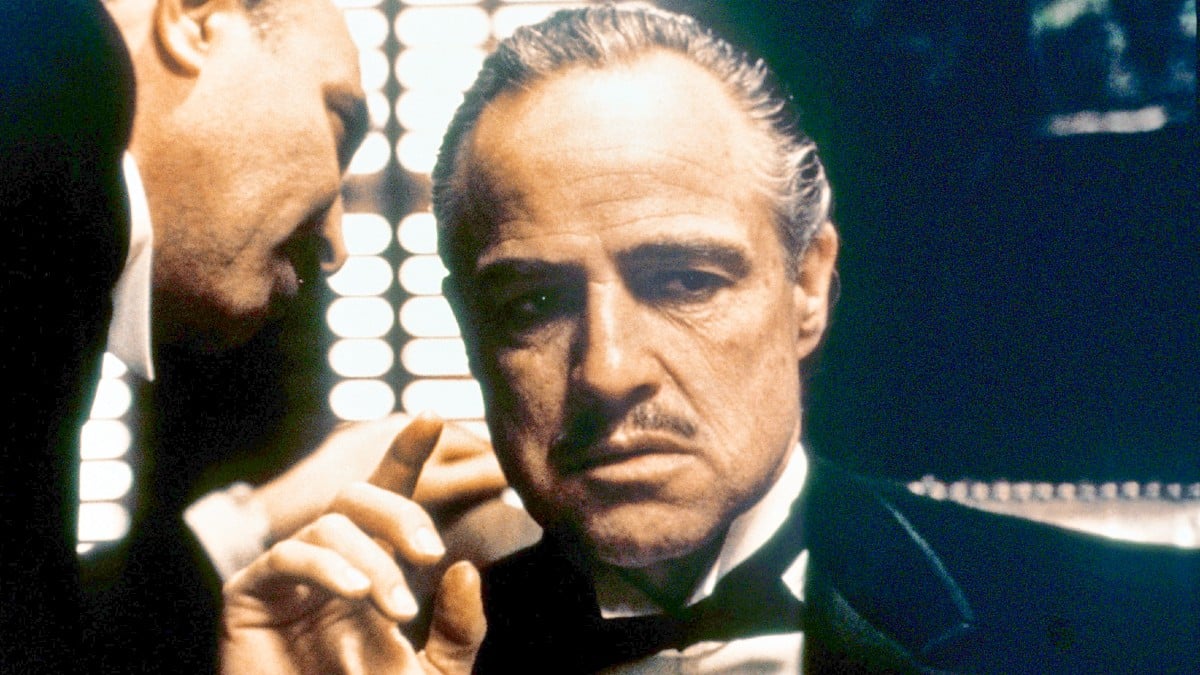The golden age of Hollywood was paved with gold yet stained with tears — and just when you think you’re all caught up on the scandals of that era, a new book comes out detailing how Marlon Brando didn’t exactly like everything about his Oscar-winning role in the legendary 1954 film On the Waterfront.
Marlon Brando’s talent was oftentimes overshadowed by his equally troubled self-perception and self-sabotaging patterns. In the early 1950s, Brando had one of the most notable primes in the craft. He had the Midas touch — from A Streetcar Named Desire to Julius Caesar — as seemingly everything he starred in ended with an Oscar nomination or, at the very least, rave reviews. But, according to various Hollywood historians, Brando remained self-deprecating throughout the entire time. He infamously called his performance as Marc Antony “asinine,” a declaration most fans find frustratingly off the mark.
When Brando finally got his Oscar-winning role as Terry Malloy in On the Waterfront, where he delivered his iconic “I could’ve been a contender” monologue, things weren’t as smooth as the subsequent celebration of the film might suggest. Although by Brando standards, this was actually his non-controversial Oscar, he still didn’t initially appreciate some of the post-production decisions made to ensure the film’s smooth release at its Italian premiere.
The film’s producers decided to show a dubbed version of the film and failed to alert Brando and his agent. Brando didn’t take kindly to the discovery — he reportedly stumbled to his assigned seat as if he’d just had a “heart attack,” as shared by Hank Kaufman and Gene Lerner in their memoir Hollywood on the Tiber (via The Guardian). Brando apparently even went ahead to give a succinct reason why he was so adamantly team “sub over dub.”
“I’m an actor, not a ventriloquist’s dummy, for Christ’s sake. Can you imagine what it’s like to hear somebody else’s voice come out of my mouth? You feel like a goddamn freak in a sideshow. Christ, why didn’t somebody prepare me? Didn’t you guys know?”
However, that wasn’t the end of it — Brando was seated next to the then 19-year-old Italian actress Sophia Loren, whom Brando just couldn’t stop checking out, getting lost in open-mouthed’ ‘double-takes.’ Apparently, throughout his presence at the premiere, Brando kept stealing glances at the young actress and gasping, but it wasn’t enough to make him stay.
But Lerner’s warning did the trick as he cautioned that Brando’s sudden exit would be detrimental to the film’s success as it would be misconstrued as him, the star of the story, disliking it. He then made a swift escape to a nearby bar and entered the theater a few minutes before the ending to make it seem he was there throughout the film.
This story, among many others, will appear in the joint memoir of the American-born couple Hank Kaufman and Gene Lerner, who moved to Italy to work as agents during the final decades of Hollywood’s golden era: the 1950s and 1960s. The memoir was first published in Italian in 1982 but lacked an English-language publisher until now when Sticking Place Books picked it up. The publisher promises the book is like a non-fiction version of La Dolce Vita meshed with Call My Agent. The book will also include anecdotes about other stars of that era, including Ava Gardner and Sean Connery.
The star of the book is, however, undoubtedly still going to be Marlon Brando. Brando’s life is also set to be depicted in an upcoming biopic starring Billy Zane titled Waltzing with Brando, though its release date is yet to be announced. While Billy Zane has always kind of looked like the man in question — especially in that trailer — everyone is still holding onto their excitement, considering all that could still possibly go wrong (the story, the depiction, the portrayal — we have been burned wya too many times to not be cautious). But if Timothée Chalamet somehow made Bob Dylan work in A Complete Unknown, then maybe we can err on the side of optimism.











Published: Jan 4, 2025 01:40 pm